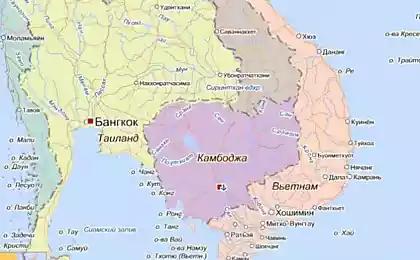549
10 things I learned about Spain, having lived there for a year

Spain is a truly heavenly place to stay. Sangria, bullfighting, gaudí, flamenco, burning sand and hot Spaniards — that's what attracts tourists to this southern country almost any time of the year. But what is there to live?
The author of the Website, having lived in Spain for a year, I decided to share interesting facts and amusing stories that offer a glimpse into "backstage" the resort of the country.
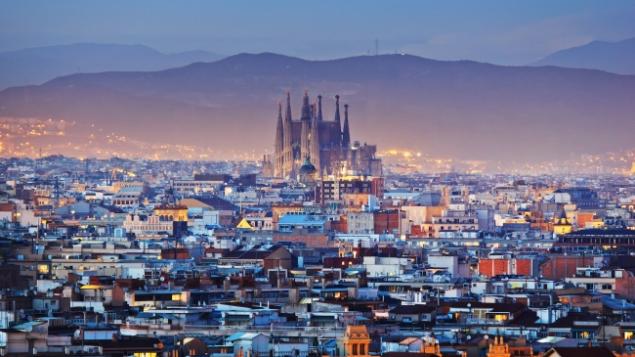
- The first thing every foreigner feels in this country, is the relaxed atmosphere of laziness, calm and kind South of irresponsibility. The rhythm of life here is quiet. People work until lunch, then leave for Siesta and in the evening return to their jobs. This Spanish tradition applies to all: even the Russian and Chinese stores revere the afternoon of rest, leaving him even later the Spaniards. Some institutions, for example banks, and not bother to output a Siesta.
- Spanish people are very sociable, always ready to help. I ran into this the first week of his stay there, when a lady skipped me in line at the supermarket, because I had less things (less stress, and not enough). After this sentence, I even "hung" for a few seconds, not knowing where the señora wants to give me my rightful place in the queue. After that, I started in the seat at the cash register and doing so now, at home.
- In Spain eerily cold winter! Not on the street and in homes. This is the problem with many warm countries: not all apartments have Central heating. In my city, despite the 15 degrees during the day, at night the temperature dropped to zero, radiators were not saved and I was in a state of "permafrost" than surprised all of my local friends. They believed that the Russian physically lack the ability to freeze.
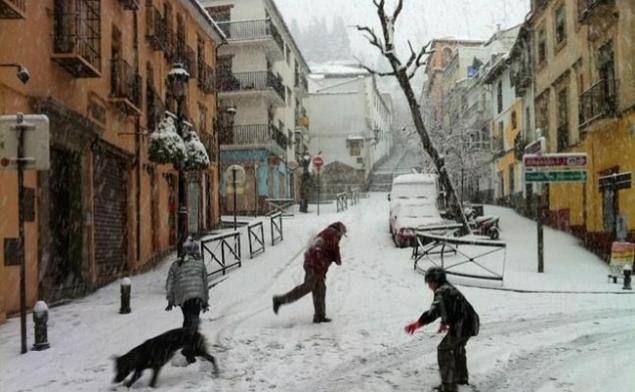
- During your stay in this southern country I have faced many stereotypes about Russia, mostly good, but the most memorable was a funny conversation with a classmate:
— Oh, Russia! I have a friend who lives there now, says the people there are pretty harsh.
And in which city your friend lives?
— At Stalingrad. - The Spaniards know how to relax. Really know how. Here every self-respecting student going out at least three times a week. The schedule is as follows: at 10 PM the gathering. Next the gatherings in the bar, and about three o'clock the disco opened. Eight o'clock in the morning to open (with caution!) disco for those who are after discos, which lasts up to three days. And in General, bars, cafes, restaurants around every corner, never empty. Residents of all ages gather there in the evenings no matter what. To see in the evening in the company of grandparents, elegantly sitting with a cigarette and a glass of wine in hand — it is a common thing.
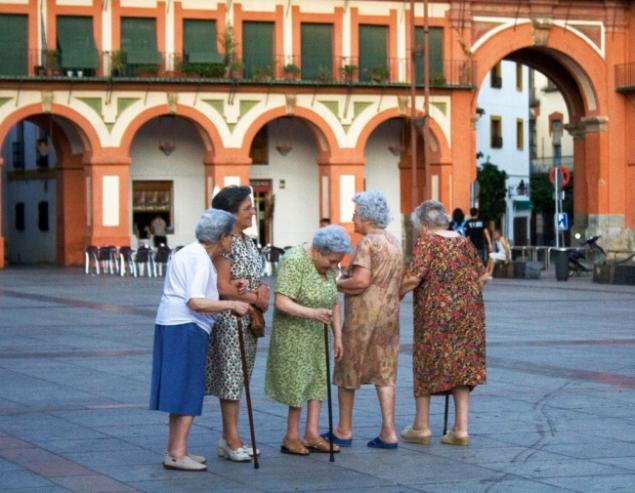
- Speaking of grandmothers. What struck me, is a clear gradation of the Spaniards in age. Each period of life is consistent with his behavior, his lifestyle, his own clothing. Take the example of the latter. To 30 all Spaniards look like teenagers. They wear jeans, hoodies and sneakers — then the variations a bit. Further elegant age from 30 to 55, people dress formally, but very stylish. And after 55 comes with a luxurious age. Women can afford fur coats and diamonds is the honorable privilege of age. I dream to take my grandmother to Spain, to prove to her that she is now living its best years.
- Spain = democracy. Here they are able to defend their rights! Here the constant strikes: every day in different places and in different ways. One case I was truly impressed-it was "rise of the scavengers". The guys were less pay (a street, it should be noted, was always clean as a whistle) and just stopped out. After 10 days, the city turned into one big trash, started to run rat, and city hall was forced to concede. Workers succeeded and during the night turned the city back into one of the most cultural cities of the Kingdom.

- That every Spaniard looks as brightly as Penelope Cruz, is a lie. If during rush hour to place you in the subway in any Spanish city, you will not be able to determine the appearance of riding in the car that you are in Spain. They are all different: dark and light, and what you want. The only preserved one characteristic of the flu is a chic hair and wide hips. Well, Spanish men — it's just Antonio Banderas Antonio Banderas, here that is true.
- Each region of Spain was almost a separate country. Each region has its own dialect, its own traditions and, most importantly, its own kitchen (the latter, incidentally: it is not spicy! Many people confuse it with Mexican). Spaniards love their Kingdom, but still the province with each other often in conflict. For example, northerners do not like southerners for their laziness, and southerners think northerners gloomy and harsh.
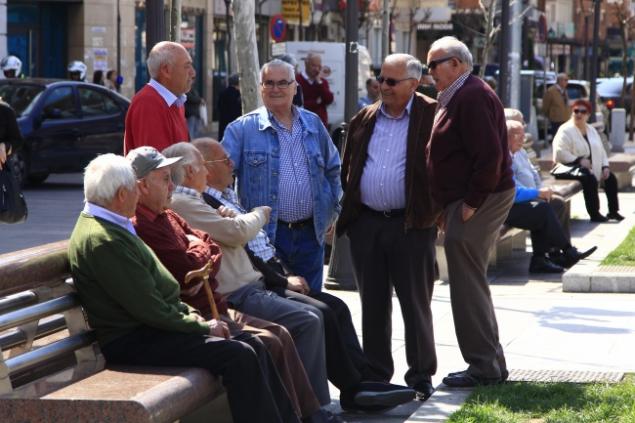
- In Spain also there is bureaucracy, but this is due to the fact that Spaniards often difficult to immediately formulate a clear objective. Not everyone, of course, only those who have a profession associated with the formulation of clear targets. I first encountered this in the office where I was asked to do a Bank card to get a scholarship. I went to three banks and never got to do it student card! For the second time in the Dean's office I said that we need the Bank "Santander" and, when I almost tears came to Dean's office for the third time, I was told that these cards does only one specific branch of "Santander".
- The Spaniards will never tell you to your face what they really think. They will prefer to avoid an unpleasant conversation or a party to get rid of, though false, but a beautiful compliment. For example, if you shave your head with square skull, will tell you that your crazy fits and nothing you do before that wore hair. At first I thought it was terribly hypocritical. And for good reason. Just good people there.
See also
15 things I learned about Finland, lived in it for six months
10 things I learned about Germans, having lived a year in Germany
via www.adme.ru/svoboda-puteshestviya/10-veschej-kotorye-ya-uznala-o-nemcah-prozhiv-v-germanii-god-1250815/
A former gambler has devoted his fortune to the protection of nature
Why not overload children with unnecessary knowledge





